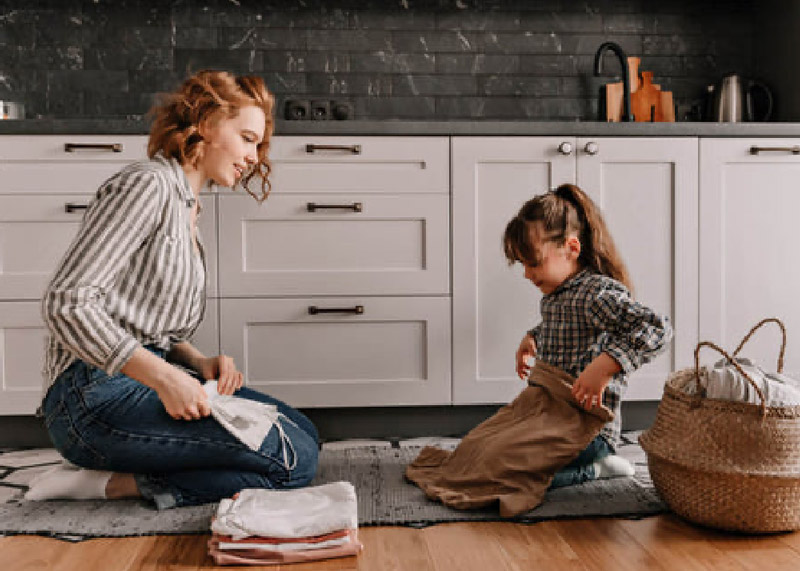

Practical Life Parenting
You may be wondering what does Practical Life Parenting even mean? As a Montessorian for over 20 years, I wanted my business name to represent my core beliefs. The Montessori Theory is a method of teaching developed by Maria Montessori, an Italian educator, physician, and scientist. Her work began in 1906 and her method of teaching is based on the key principles of Independence, Observation, Following the Child, Prepared Environment and Absorbent Mind. The Montessori Theory methods, concepts and foundation principles can be applied across all ages.
One of the key components of the Montessori method is that it takes full advantage of the child’s motivation to learn at a very young age. The Practical Life curriculum in Montessori provides a scope and sequence for everyday routines and practices focusing on 4 main areas: care of self, care of environment, grace & courtesy and movement of objects. In addition to the other academic areas, the Montessori approach offers a pedagogy that elevates and empowers the child in her pursuit of these skills. Practical Life in Montessori is a purposeful activity which develops independence, concentration and a sense of responsibility. Practical Life activities are applicable for all ages, even infants, and change depending on what the child can do at each stage of development. The activities can start with something as simple as pulling pants up or washing hands and can get as complicated as baking a dessert, or even developing a business plan in the elementary or middle school years. Why are Practical Life activities necessary? When taken seriously and presented as an approachable, impactful challenge, these activities hold inherent dignity. It’s not “just” getting dressed or “just” juicing an orange if doing it alone. The child is learning to follow a complex motor sequence, independently, in order to fulfill his or her own desires and needs. These skills, when taught early in life, allow children to believe in themselves as well as develop the self discipline needed for success throughout their lives. These activities not only spark curiosity for exploration, but they ignite an intrinsic drive and love of learning.
I absolutely love helping my clients incorporate Practical Life skills in their homes while still honoring the child and their developmental stage. Creating a family unit based on collaboration and responsibility fosters independence, confidence and accountability in children.
I chose to name my business Practical Life Parenting because these skills also continue into adulthood. As adults, we continue to learn, develop and improve skills through our life experiences. Without a doubt, our number one teachers in our lives are our children. Our children teach us to slow down and see life through their perspective full of joy and wonder. They teach us how to regulate our emotions. Aren’t we all working on this one?! At times, it can seem like our children know exactly how to push our buttons and when to do so. To be able to regulate emotions in order to be “the calm” during a child’s storm is transformational as a parent. Remember those 4 areas of practical life skills mentioned above? They are also applicable in regards to parenting:
Many of us know that we want to parent our children differently than the way we were parented, yet we continue the cycle of yelling, punishments & threats.
Change is possible when you learn new ways of processing emotions and communicating effectively.

“This tool helped me feel more connected with my children, we work together as a team. My feelings of overwhelm are diminishing.” – Caitlin (mom of 4)